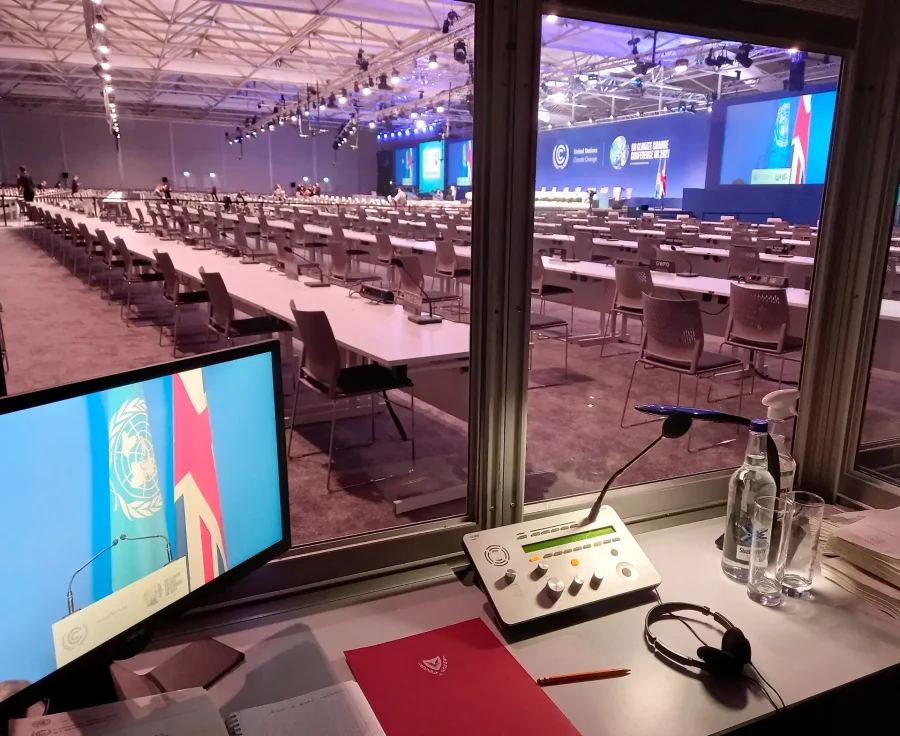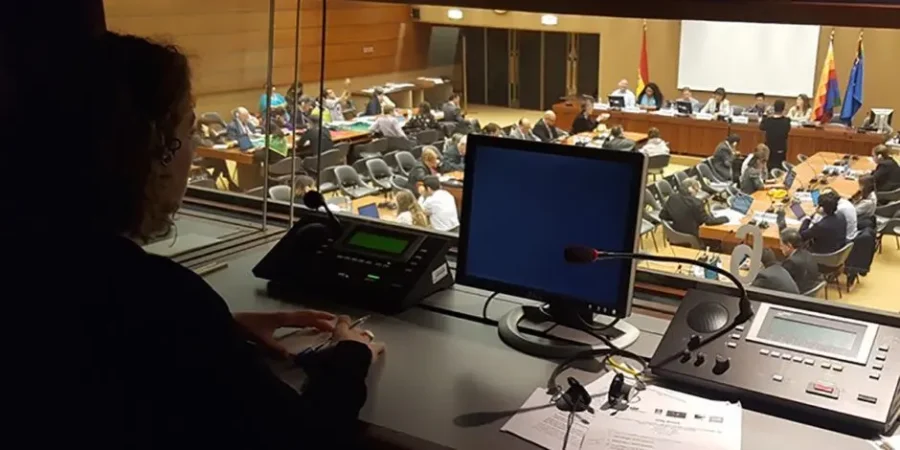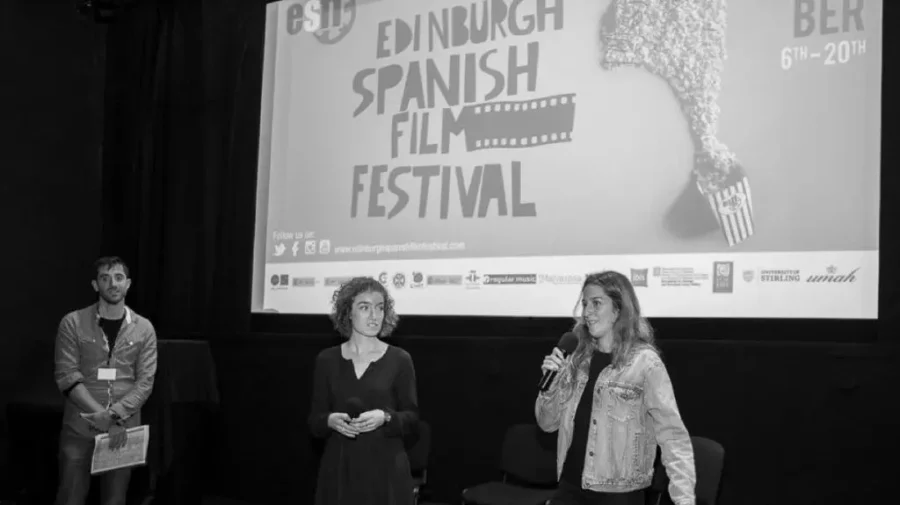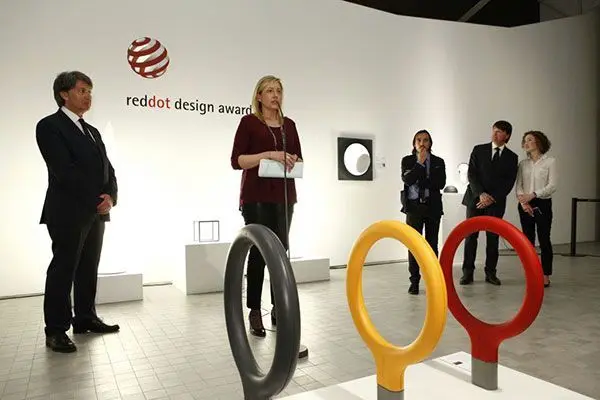Interpreting
Interpreting is the translation of the spoken word, and it’s often vital in multilingual settings, such as conferences, meetings, trade fairs, presentations, webinars, and more.

Each scenario requires a different type of interpreting. Depending on your requirements, you might need just one of, or a combination of, the following:
- Simultaneous interpreting
- Consecutive interpreting
- Liaison (or bilateral) interpreting
- Chuchotage interpreting
- Remote interpreting
Not sure what the difference is? Not to worry, I’m here to demystify the art of interpreting.
Just get in touch and I’ll be happy to explain anything you’re unclear on and advise you on the most suitable option for your in-person or online communication needs.
Why work with me?
On top of my qualifications, professional memberships and varied experience, one other thing that sets me apart from the crowd is my soft Scottish accent when speaking English.
But I don’t expect you to take my word for it. Here’s what one of my clients had to say on the topic:
“A number of participants also commented on Carla’s lovely Scottish accent when she was interpreting back to English.”
Here are some examples of the kinds of events I have interpreted at:
Need a team of interpreters? I can help.
Any questions for me?
I’ll respond to your email as quickly as possible with all the information you need about working with me.



